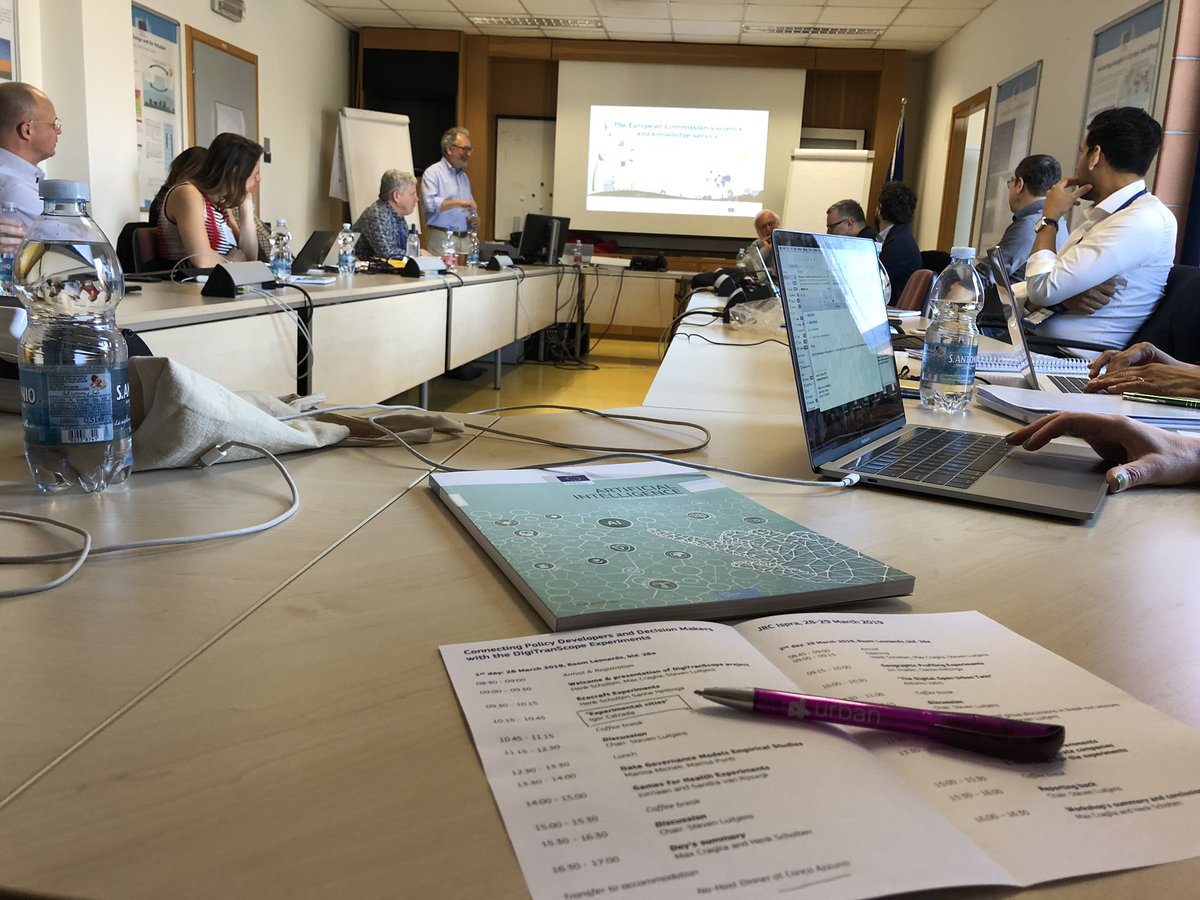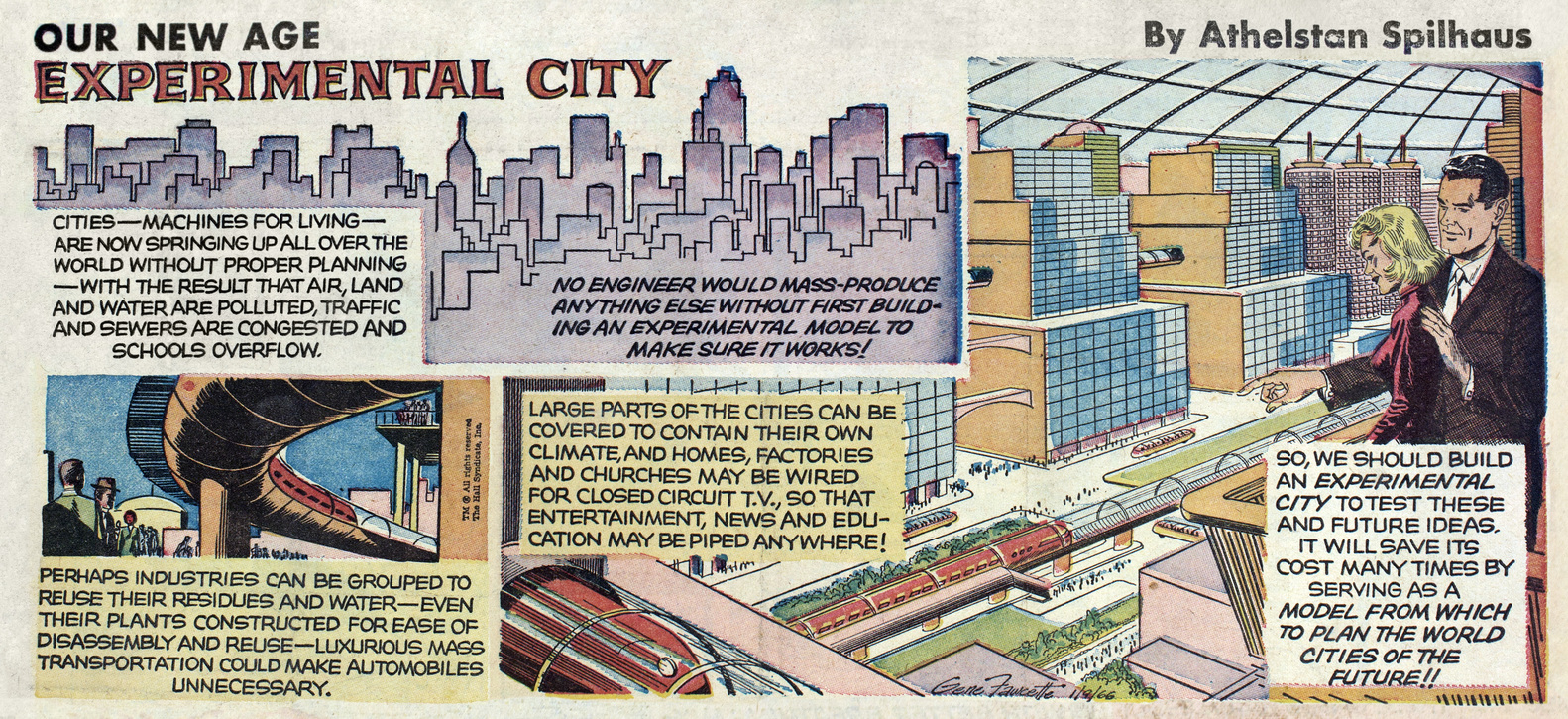
15 Apr Invited Expert by the European Commission at the DigiTranScope Workshop ‘Connecting Policy Developers and Decision Makers With the DigiTranScope Experiments’ in Ispra (28-29/03/2019, Italy)
In late March 2019, Dr Calzada was kindly invited by the European Commission – JRC Centre for Advanced Studies to be speaker in the workshop ‘Connecting Policy Developers and Decision Makers With the DigiTranScope Experiments’ that took place in Ispra (Italy) on 28-29th March 2019.

The workshop was highly productive and fruitful by connecting cutting-edge aspects from the fields of the AI, governance, and smart cities, experimentalism (experimental cities), among many others.
Here the full report reference in which I contributed to:

In a nutshell, the project DigiTranScope could be described as follows: Digital Transformation and the Governance of Human Society was established at the JRC Centre for Advanced Studies in 2018. The three-year project investigates the governance questions of digitally transforming societies with a long-term perspective, looking at the transversal issues that will be important in the development of the European society over the next 10 years and beyond. The research is explorative and aims at identifying opportunities and challenges for both economic growth and social innovations. The project aims at helping policy developers and decision makers understand the digital transformation and find answers to the challenges Europe’s societies will face over the next decades.
Within DigiTranScope, various experiments are currently being prepared and partly already undertaken in various European cities to use existing data and innovative ICT solutions for new ways of local and regional policy making and policy implementation. For example, the project is exploring ways of developing “personalised” policy intervention targeted to those who are in greatest need with a case-study of energy efficiency in buildings in Amsterdam. In another experiment, the project is using virtual environments and gaming with the 1:1 model of the whole Netherlands in Minecraft to raise the understanding of children on energy transition, and the choices available to optimize energy efficiency. They are running this experiment in two schools in the Netherlands and two in Warsaw at the present time to increase environmental awareness and participation by the citizens of tomorrow.

It is vital for the research to have the reflection of policy developers and decision makers on the findings, preferably on a more or less continuous basis. The proposed workshop was a first step in that direction. The workshop aimed at (1) presenting the experiments so far and the first findings, (2) collecting the reactions of the stakeholders, (3) exploring next steps with the experiments that address the greatest challenges the stakeholders face at the moment and foresee in the future, and (4) determining further participation of the stakeholders. The workshop should also result in a first discussion on the overall question behind the project: how to maximize the possibilities of digital transformation for creating public value in view of the changes needed in areas such as energy transition, healthcare or mobility? By which do’s and dont’s, under which conditions, in which public-private interplay?
I am grateful for this invitation as expert by the European Commission through its Joint Research Centre (JRC), Centre for Advanced Studies.
From my side, my main contribution as an invited expert was to highlight the current challenge in considering citizens decision-makers rather than mere data providers. Against this backdrop, experimental cities could shed some light on the way smart cities are dramatically failing to accomplish their promises. Ultimately, I presented some results of my ongoing research on platforms that will be presented in Data for Policy 2019 International Conference in London.


Sorry, the comment form is closed at this time.